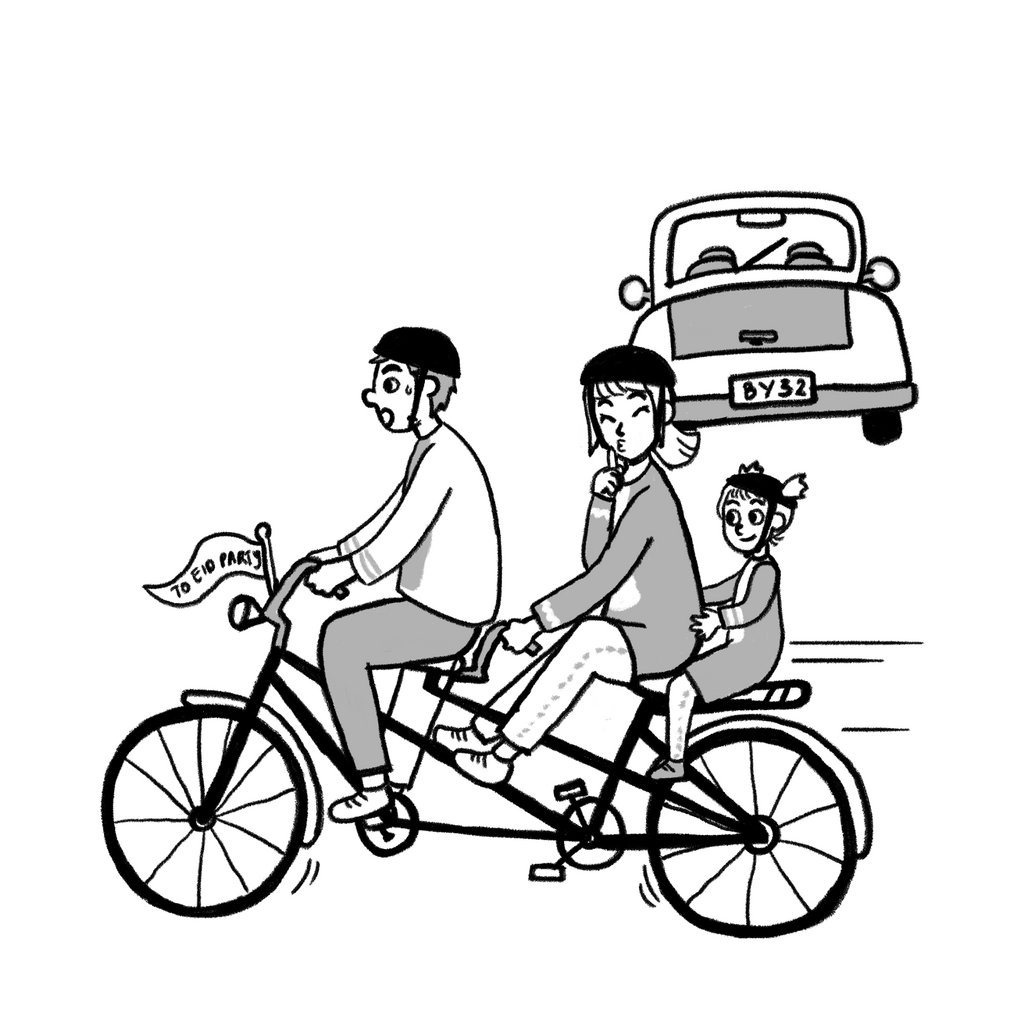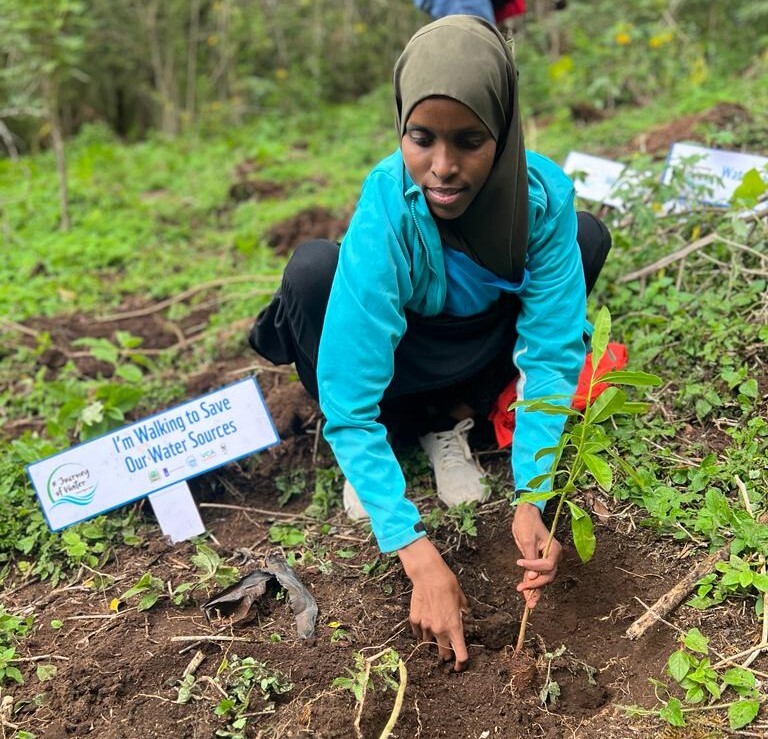The back-to-school season is approaching in most regions of the world. It can constitute the perfect time to embrace eco-friendly habits that can make a positive impact on our planet and plant the seed of environmentalism in young minds.

By adopting sustainable practices, you can reduce your carbon footprint but also, and more importantly, teach your friends, peers and maybe teachers valuable lessons about environmental responsibility.
Here are some of the easiest tips to become an environmentally conscious student:
1. Choose Eco-friendly School Supplies: Opt for school supplies made from sustainable materials. Look for notebooks, pens, and backpacks that are eco-friendly and have minimum packaging. Ask friends and family with older kids for clothes, books and school accessories that they do not need any more. Give to others the ones that you do not need any more!

2. Reusable Lunchware: Invest in reusable lunch containers, water bottles, and utensils. Avoid disposable plastic bags and single-use items. These sustainable alternatives do not only save money in the long run but also reduce plastic waste.

3. Reduce Transportation Emissions: Consider, as much as possible, ecological transportation options such as sustainable means of transport, biking, or walking to school whenever possible. By reducing the use of personal vehicles, you can significantly lower greenhouse gas emissions. You can also encourage your school to promote greener transportation options.

4. Sustainable Clothing: Buy clothing made from sustainable materials, such as organic cotton or bamboo. Thrift stores and second-hand shops are excellent places to find eco-friendly and affordable clothing options. Ask friends and family with older kids for cloths, books and school accessories that they do not need any more. Give to others the ones that you do not need any more!

5. Pack a Zero-Waste Lunch: Prepare lunches with minimal packaging. Put food in reusable containers and cloth napkins. Also, choose locally sourced and organic foods when possible.

6. Support Eco-Friendly Initiatives: Get involved in or support environmental clubs and initiatives at your school. These groups often organize events and projects to raise awareness and promote sustainability, learn about environmental issues and share the knowledge with classmates and teachers. Advocate for eco-friendly policies and practices within your school community.

7. Energy Conservation: Encourage your school to resort to renewable energy and implement energy-efficient practices, such as using LED lighting and turning off lights and electronics when not in use.

8. Reduce Paper Usage: Minimize paper consumption. Consider having used books and borrowing stories or books from your friends.

9. Homework in daylight: Try getting your homework done during the day, by doing so you reduce the use of electric lighting and also you keep your night time to rest.

By following these tips, you can make a significant difference in creating an ecological back-to-school experience. Small changes in your daily routines can lead to a greener and more sustainable future for everyone.
Have a successful year!



